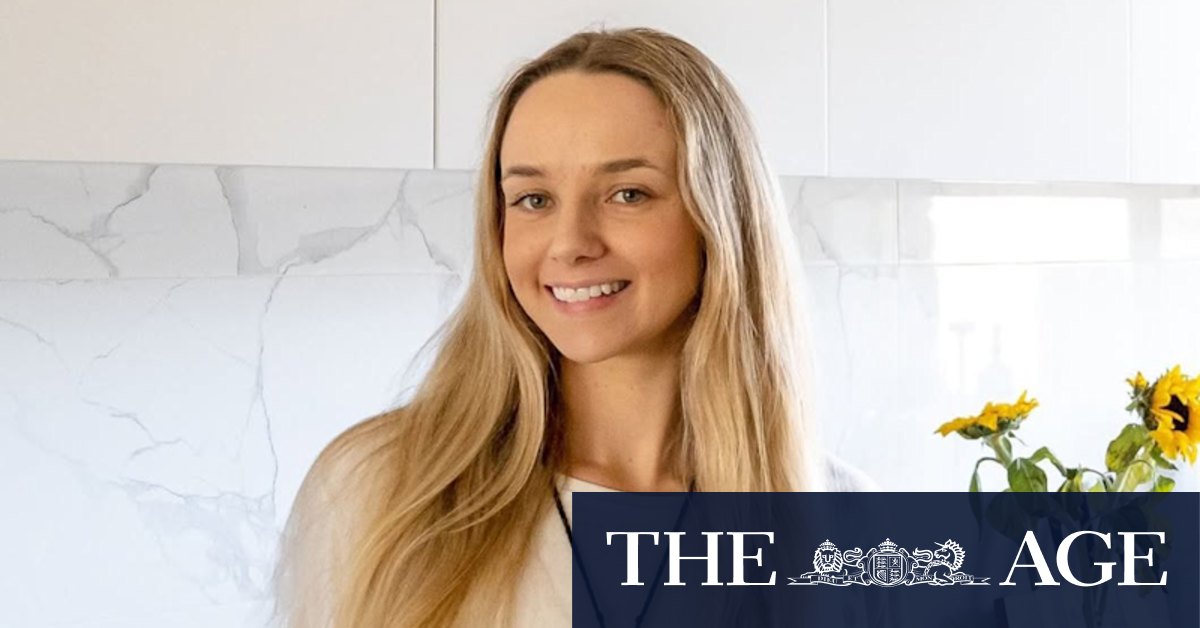In South Australia, birth workers who perform restricted birthing practices can be fined up to $30,000 or jailed for up to 12 months.
A Victorian government spokesperson thanked RANZCOG and the Australian College of Midwives for their letter, and said they would review the South Australian model of birth-worker restrictions.
RANZCOG president Dr Nisha Khot said new national laws would help to reduce harm from freebirths attended by unqualified workers.
Some doulas or birth workers are alleged to have acted beyond their scope as providers of emotional and physical comfort to the birthing woman.
“We have reduced maternal mortality over the last so many years because we have provided women with the care that keeps them safe, and freebirth is just going backwards on all the things we have put in place to make sure mothers and babies are safe,” Khot said.
“[Both bodies] feel freebirth is a really dangerous situation.”
Loading
Victorian Coroners Court statistics show that between 2015 and August 20, 2025, six babies died following freebirth, four died following planned home births with medical staff present, two died after planned home births at which medical staff were unable to attend, and 15 died by unplanned home births (often due to premature arrivals).
There are no publicly available freebirth death statistics in NSW because freebirthing is not a registered event, but a six-month investigation by the ABC in 2024 revealed 10 catastrophic incidents linked to freebirths. Two birth workers were charged with manslaughter after one infant death in northern NSW.
The South Australian laws were introduced as a result of coronial findings into three unrelated baby deaths.
College of Midwives president Dr Zoe Bradfield said her organisation respected women’s right to autonomy in birth, but “harmonising national legislation as proposed will ensure all women can have confidence in the transparency, safety and accountability of care during birth, in the same way, all across Australia”.
Loading
She emphasised that freebirth was not the same as homebirth, which is supported by many maternity hospitals and for which demand exceeds capacity.
Hospital homebirth programs are available only for women deemed to be at low risk, and two skilled and registered health professionals are required to attend.
“We have some of the most skilled, capable clinicians in the world and an international standard of [midwifery] education in Australia; for that reason, homebirth is safe in Australia,” Bradfield said.
“But we are seeing a rise in birth being attended by people without qualifications and skills, and perhaps moving into that space where they’re offering advice or clinical care even, which is not within their remit, and we’ve seen some unfortunate outcomes of that.”
Demand for homebirth had doubled since the pandemic, but still accounted for only a small proportion of Australian births – up to 2 per cent, she said.
Many women do not have access to hospital-supported programs because of their location, and this has been named as one reason some women turn to freebirth – at which no registered clinician attends.
“We really need to work to expand the model of care that women want access to. There is clear demand [for homebirth]. Although it is still small, it is a doubling in a relatively short period,” Bradfield said. “Women are wanting and demanding continuity of care from a known midwife.”
The Victorian government spokesperson said it respected that mothers had differing birth preferences, however, “without having a registered midwife or trained clinician present during birth, the lives of a mother and baby can be put at serious risk”.
The government urged people considering freebirth to use the state’s hospital homebirth services.
The federal Department of Health, Disability and Ageing responded to the RANZCOG/ACM letter by saying the government supported women to be actively involved in decisions regarding their care, but freebirthing was not recommended.
Loading
“Women who wish to birth at home should consult with a health professional. Doulas are not recognised health professionals and are not regulated by the Australian Health Practitioner Regulation Agency (AHPRA),” it said.
“While doulas are not registered, they are legally bound to comply with the National Code of Conduct for Health Care Workers. This code establishes mandatory minimum standards of conduct and practice to safeguard the public.”
Start the day with a summary of the day’s most important and interesting stories, analysis and insights. Sign up for our Morning Edition newsletter.

